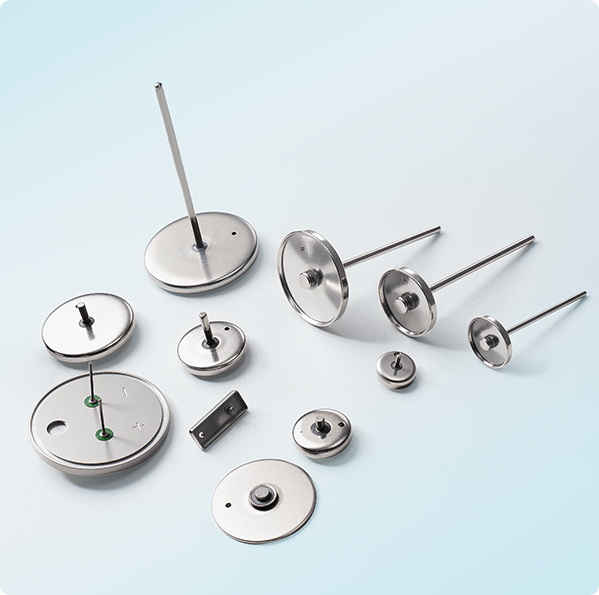
Lithium Battery Seals
Specifications & Applications |
||||||
| Application | Code | Cap Size | Leakage Rate | insulation resistance /500V DC |
Push-pull Force | Remark |
| Li-SOCl2 battery | 14250 short-pinned | ø13.5*7.5 | <1x10-9Pa*m³/s | 500MΩ | 2000N | Weldable nickel needle |
|
14505 short-pinned |
ø13.5*14 | 2000N | Weldable nickel needle | |||
|
17505 short-pinned |
ø15.8*14 | 2000N | ||||
|
18505 short-pinned |
ø17.5*11 | 2000N | ||||
|
26500 short-pinned |
ø24.5*11 | 2100N | ||||
|
34615 short-pinned |
ø31.5*11 | 2200N | ||||
|
14505 long-pinned |
ø13.5*46 | 2000N | ||||
|
18505 long-pinned |
ø17.5*46 | 2000N | ||||
|
26500 long-pinned |
ø24.5*46 | 2000N | ||||
|
34615 long-pinned |
ø31.5*56 | 2000N | ||||
| Li-Mn battery | CR17 | ø15.88*7.1 | / | |||
The Application Areas of Products
-
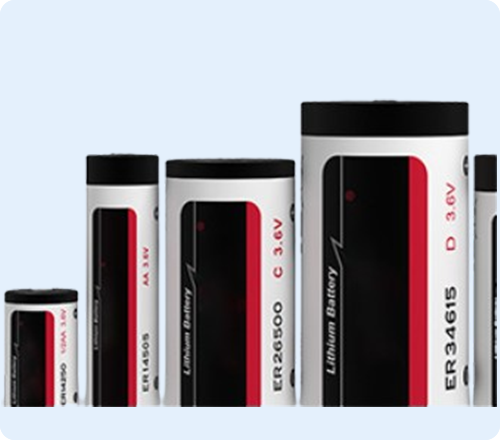
Li-SOCl2 Battery
-
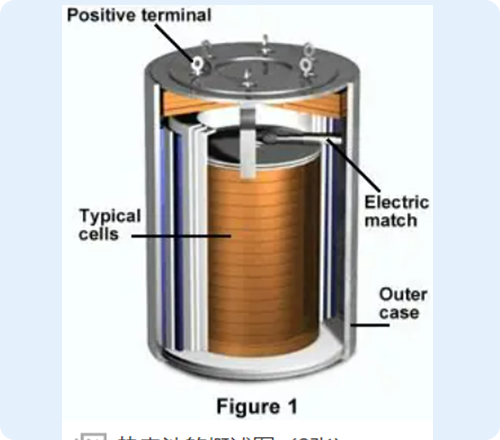
Thermal Battery
-
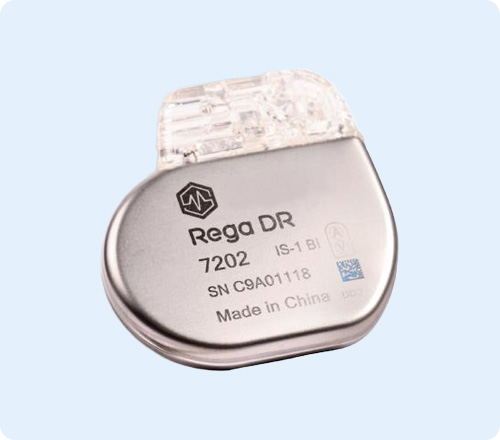
Medical-specific battery caps
in Battery Applications
-

Longevity and Reliability
Glass-to-metal seals are used to ensure that the battery's internal components are protected from the external environment, preventing moisture ingress and gas leakage. This hermetic sealing is crucial for batteries that need to have a very long shelf life or must operate in harsh environments.
-

Structural Integrity
Many high-performance batteries, especially lithium-based batteries, require glass-to-metal seals. Lithium is highly reactive, and its exposure to moisture or other environmental factors can lead to battery failure or, in extreme cases, hazardous reactions. Glass-to-metal seals are used in the battery end caps, ensuring that the electrolyte and lithium remain contained and secure.
-

Safety and Reliability in Medical Implants
In medical applications, such as implantable pacemakers or defibrillators, battery failure is not an option. Glass-to-metal seals are used to encase the battery, providing a reliable power source for these life-saving devices. The seal must be perfectly hermetic to prevent body fluids from entering the battery compartment, which could lead to device failure or harm to the patient.
-

Anti-Corrosion
The anti-corrosion capabilities of glass-to-metal seals (GTMS) are essential in lithium thionyl chloride batteries, safeguarding structural integrity and operational safety. These seals effectively prevent electrolyte leakage and mitigate environmental corrosion, significantly enhancing battery longevity and reliability.

Lithium Thionyl Chloride Battery Terminal
Guide to Lithium Thionyl Chloride Battery Safety
-

Hermetic Sealing
Li-SOCl2 batteries contain a highly corrosive electrolyte that is dangerous if leaked. Glass-to-metal seals are used to hermetically seal the battery casing, preventing the escape of thionyl chloride gas and ensuring that no external moisture can enter the battery. This is critical for both the safety and longevity of the battery.
-

Reliability in Harsh Conditions
These batteries are often used in harsh environmental conditions, including extreme temperatures and high humidity. Glass-to-metal seals are essential for maintaining the integrity of the battery in such conditions, ensuring that it remains operational and safe over its intended lifespan.
-
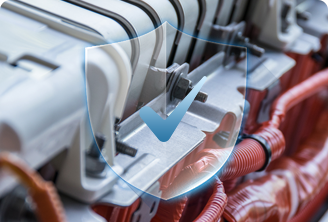
Safety Concerns
The chemical components of Li-SOCl2 batteries can react violently if exposed to water or if the battery is damaged. The hermetic seal provided by the glass-to-metal seal is crucial for preventing any external breach that could lead to a hazardous situation.
-
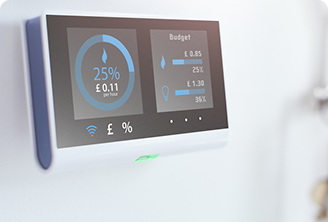
Electrical Insulation and Conductivity
Glass-to-metal seals also serve an electrical function by providing a conductive path for the battery's terminals while insulating them from the battery casing. This is crucial for preventing short circuits and ensuring the battery delivers power efficiently to the device it powers.
Manufacturing Considerations

Material Compatibility

Precision Engineering

Quality Assurance

Product







